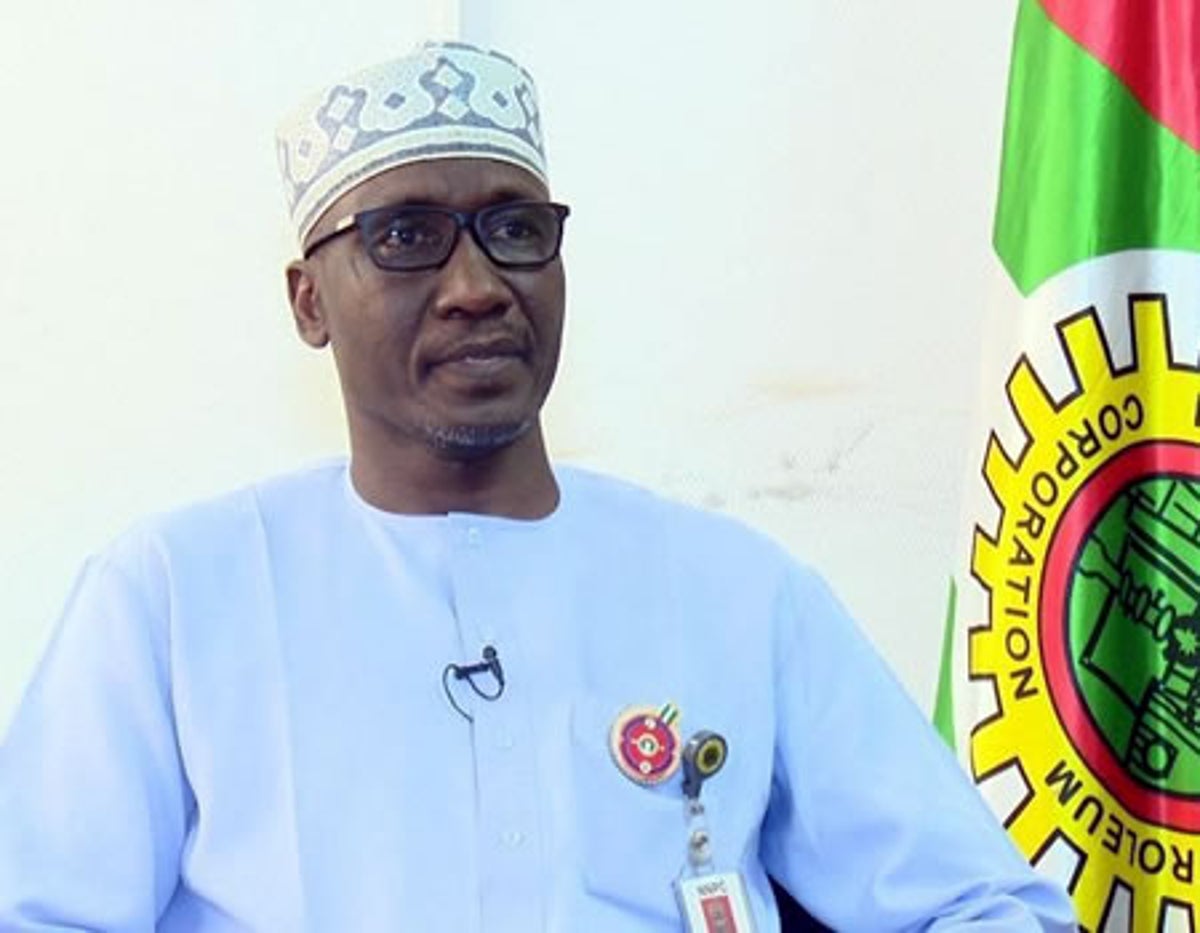The Group Managing Director, of Nigerian National Petroleum Company Limited (formerly Nigerian National Petroleum Corporation), Mele Kyari, has disclosed that NNPC cannot maintain a pump price of N170 per litre for Premium Motor Spirit, popularly called petrol, when the landing cost is thrice the amount.
Kyari disclosed this while speaking at the Legislative Transparency and Accountability Summit organised by the House of Representatives Committee on Anti-Corruption in Abuja on Wednesday.
Kyari stated, “It is not possible for you to buy fuel at N170 when your actual cost is thrice that value. For instance, today, when PMS comes into this country, we transfer to marketers at N113 per litre for us to ensure N165 at the pump. So, you must sell at N113 to them to be able to deliver at N165, which means whatever the cost, anything after that value; that is subsidy. Somebody has to pay for it.
“Everyone knows the price of PMS around the world. There is nowhere today that you can land a litre of PMS to the pumps at the N445 (to a dollar) exchange rate. It is not possible. In some places, you are subsidising up to N290 on every litre. With this regime, it is impossible for you to avoid all the wrong things that are happening – round-tripping, cross-border smuggling, and document forgery.
ALSO READ: TotalEnergies’ Ikike Field To Yield 50,000bpd
“Anywhere you have arbitrage, you will have these issues. As long as arbitrage is there, you will continue to have these issues and you cannot hold NNPC accountable for it because it is a value chain that involves everything and everybody.
“You cannot price it at the market today because of the socio-economic impact on the prices of PMS. Every country is doing something about high energy costs. Some have removed taxes on petroleum; this is a subsidy. NNPC Limited will no longer go to FAAC because we are expected to pay taxes, dividend and royalty.”
“It is, therefore, important for the government to ensure that instituted measures aimed at enhancing transparency in the oil sector include full disclosures of NNPC Joint Venture arrangements and established clear institutional responsibilities for revenue assessment, collection and report.
“The relationship between the Office of the Auditor-General for the Federation and oversight committees of the National Assembly should also be enhanced to ensure that financial, fiscal and governance challenges relating to the oil and gas sector are analysed and discussed as much as possible.
“In addition, these steps could be combined with the examination of audit reports by parliamentary committees, allowing public hearing during the review process and the submission of reports to parliament on issues addressed in audit reports. Furthermore, the role of NEITI as the watchdog of the oil and gas sector in providing actionable intelligence to law enforcement authorities cannot be overemphasised.”













